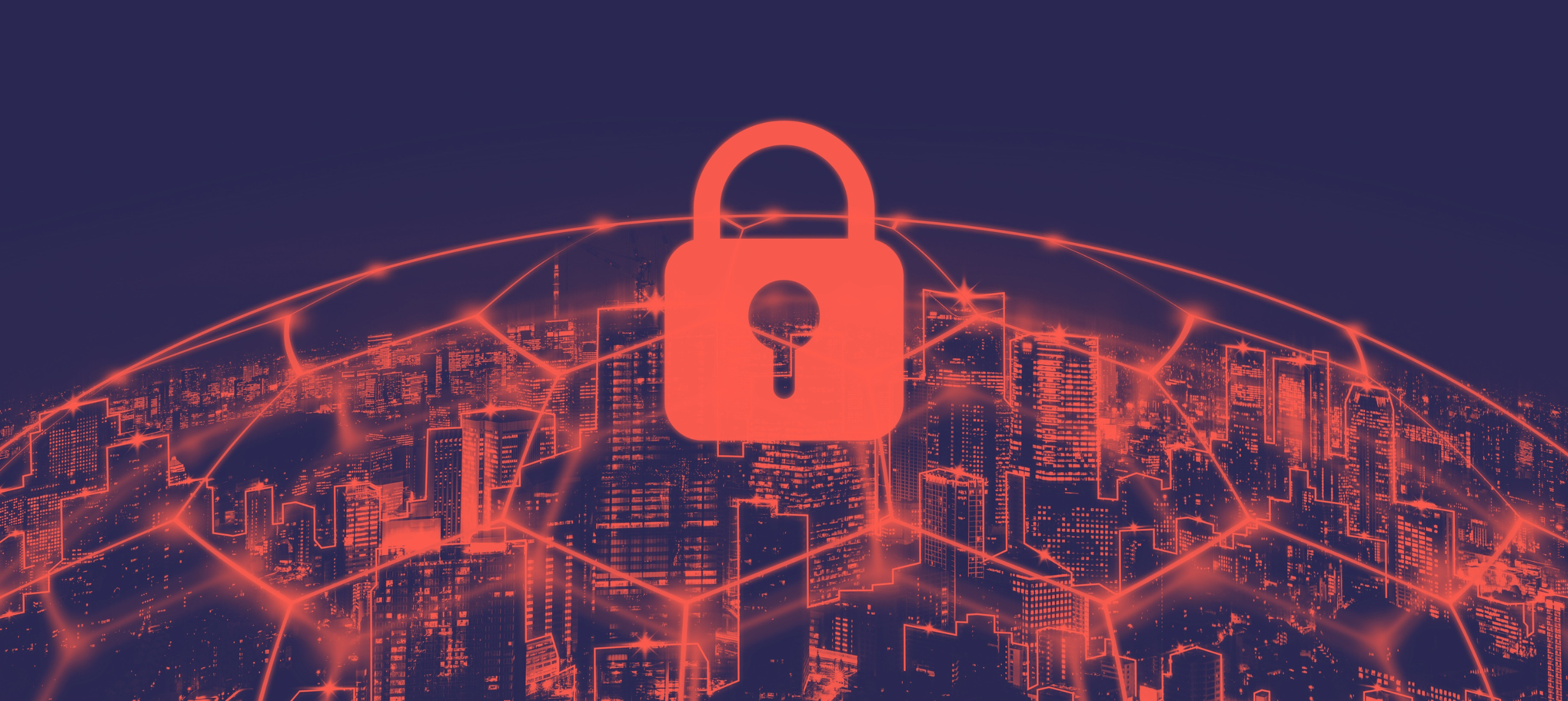The European Council has adopted two new laws to strengthen the EU’s cybersecurity capabilities. The “cyber solidarity law” establishes a pan-European infrastructure for sharing information and detecting cyber threats. This infrastructure, known as the “cybersecurity alert system,” will use cutting-edge technology like AI and data analytics to detect and respond to threats. The law also creates a cybersecurity emergency mechanism to increase preparedness and response capacity.
The new laws aim to improve the EU’s cyber resilience and strengthen cooperation mechanisms. A specific amendment to the cybersecurity law allows for the future adoption of European certification schemes for “managed security services. These services include incident management, penetration testing, and security audits. The amendment aims to increase the quality and comparability of these services, encouraging trusted cybersecurity providers and preventing market fragmentation.




